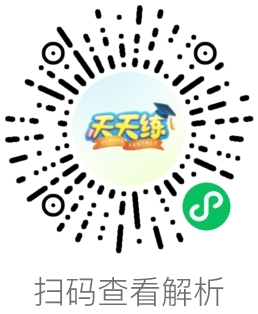16. Best way to learn drama (戏剧)
In the UK, we have English lessons in secondary school every day. We focus on (聚焦) a different book each term, studying its grammar, vocabulary and writing style (风格). For this spring term, we 're working on British writer William Shakespeare's play A Midsummer Night's Dream《仲夏夜之梦》).
A week before our first lesson, we go to the library to borrow copies of the book. We don't have to buy our own books, as they are reused and kept in the library. I think it is a good way to protect the environment, isn't it?
I have found studying these books to be really fun! At the beginning of the lesson, our English teacher prepares some word games for us to play, such as crosswords and illing in the blanks. The games last for 5 to 10 minutes. After that, we either act out some of the scenes (情景) in the play or read them aloud. This is an effective (有效的) way to learn the works of Shakespeare. His plays were written for the stage (舞台), after all!
Most of our time is spent doing worksheets (活页练习题). We spend about 20 to 30 minutes working on them. The worksheets are about scenes in the play. We either analyze (分析) a phrase or sentence, or make our own quizzes (小测验) and poems. I love making up my own poems.
Sometimes, my teacher will ask if anyone is willing to do a presentation (展示) for our next English lesson. I have already done two of them. We need to prepare a lot of things, such as an introduction, tasks or games to get everyone warmed up, as well as prepare the main content (内容) of the presentation.




